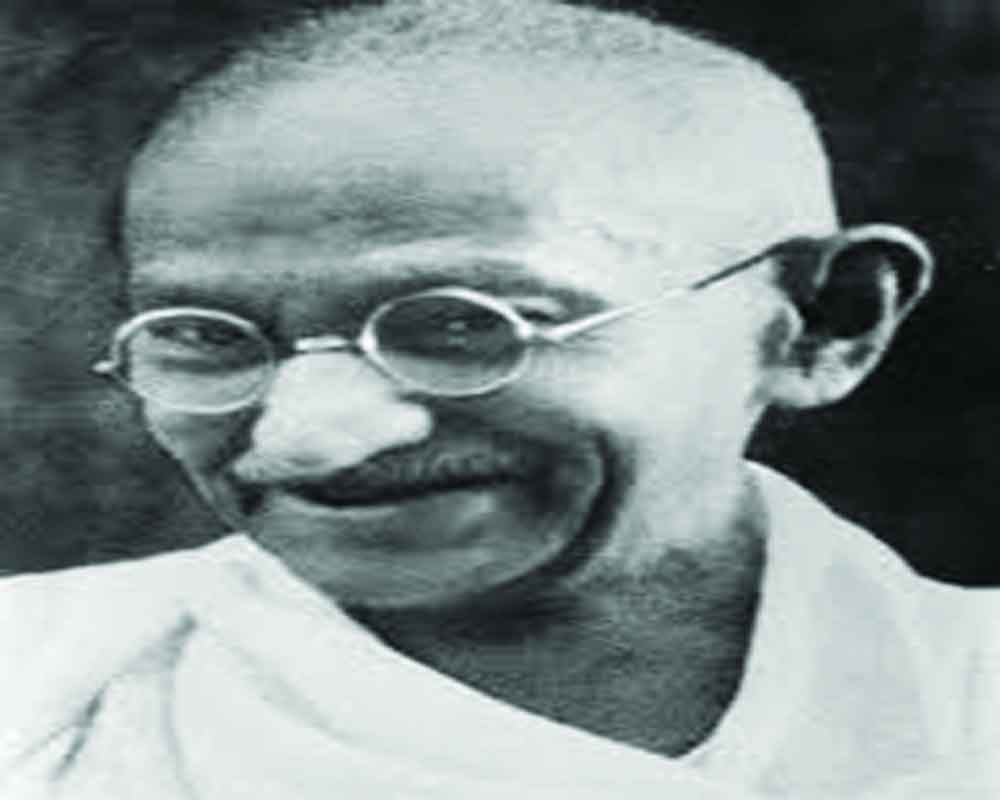Whether or not BJP punishes Pragya Thakur on Godse, the fact remains that irreparable damage has visited the nationalist thought. The response to industrialist Anand Mahindra’s tweet earlier yesterday on how we should spare icons we hold sacred, particularly Mahatma Gandhi, the “beacon” of “global morality,” from crude politicisation, best sums up the sentiment of the times. Somebody complimented him for “daring to speak up” on an issue that has been simmering in people’s minds but given the viciousness of discourse, has been lost to fear and self-doubt. With all talk of Mahatma Gandhi’s assassin Nathuram Godse being a “patriot” or a “Hindu terrorist,” everybody seems to have forgotten what the Father of the Nation stood for and why years later he continues to be a global icon, our most famous Indian and the spiritual heart of India. Most importantly, the greatest patriot of the idea of India. His assassination was tragic and any justification of that as a patriotic act should be struck off from our consciousness simply because Gandhi was above the politics of his time and his philosophy continues to be the guiding principle of our State policy. Would the devolution of power to our panchayati Raj institutions, the idea of self-rule, the persuasion of a non-violent protest, sustainable living, a Swachch Bharat, a participatory democracy have been possible without the values he espoused? Had he not upheld civil liberties or fiercely stuck to his Indian identity and asceticism, our netas would not have been wearing the Gandhi topi or appropriating his thoughts for political sustenance. So whatever may be his flaw as an individual man or his actions within the specifics and imperatives of his time, howsoever we may want to separate history from hagiography, there is no taking away from him his universal relevance, which continues to shape world leaders and movements. And certainly Sadhvi Pragya Thakur, still an accused in the Malegaon blasts case that killed six people and injured countless others, holds no brief to judge his stature or denude it by exalting his killer. Worse, it is the implication of calling Godse a patriot that’s frighteningly askew. Does that mean she feels Gandhi is a traitor to his cause?
It doesn’t matter that the Bharatiya Janata Party’s (BJP’s) top leaders, Prime Minister Narendra Modi and party chief Amit Shah, are unforgiving of her following a public outcry. They had endorsed her candidature for Lok Sabha polls in the first instance and accorded her mainstream political legitimacy, one which had given her enough confidence to admit that “my party’s line is my line.” It doesn’t even matter if she offers an apology or not. It doesn’t mean much if she is ultimately suspended from the party. It isn’t of consequence either if she reaps political dividends or scores self-goals for the BJP or not. For she and many fiery rabble-rousers of the party, who were so far consigned to the fringe, have been allowed to evangelise the mass Indian mindset with a line of thinking that treats history as its enemy and the source of all wrongdoing. In one stroke, it absolves the current regime of non-performance and responsibility simply because the ills are inherited and that burden cannot be shifted in five years. This blind acquiescence to revising historical wrongs rather than changing the legacy for the future hereon is the reason why statues we hold dear are being desecrated across the country in a Taliban-like zeal. Be it that of Ambedkar or that of Ishwarchandra Vidyasagar, all of whom challenged conservatism of thought and reset the narrative with their actions. As we demolish our icons metaphorically and brutally, does this mean that we are uncomfortable with the ideals they stand for, only because they do not fit in with a simplified and Orwellian conformity that has no space for inquiry and reason? Nothing is wrong with the presence of a Hindu narrative in a pluralistic society. Neither will it ever be under threat considering its placement in a majoritarian context. But this imagined threat to the nationalist identity is fast descending into a self-defeatist cry wolf syndrome, considering we are attacking the very pillars who defined nationalism for us in the first place. We are becoming our own enemy.
Writer & Courtesy: The Pioneer








 OpinionExpress.In
OpinionExpress.In















Comments (0)